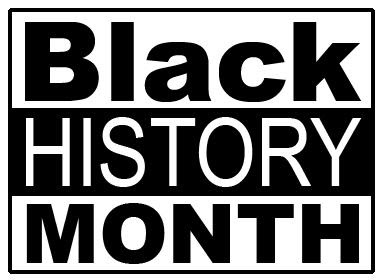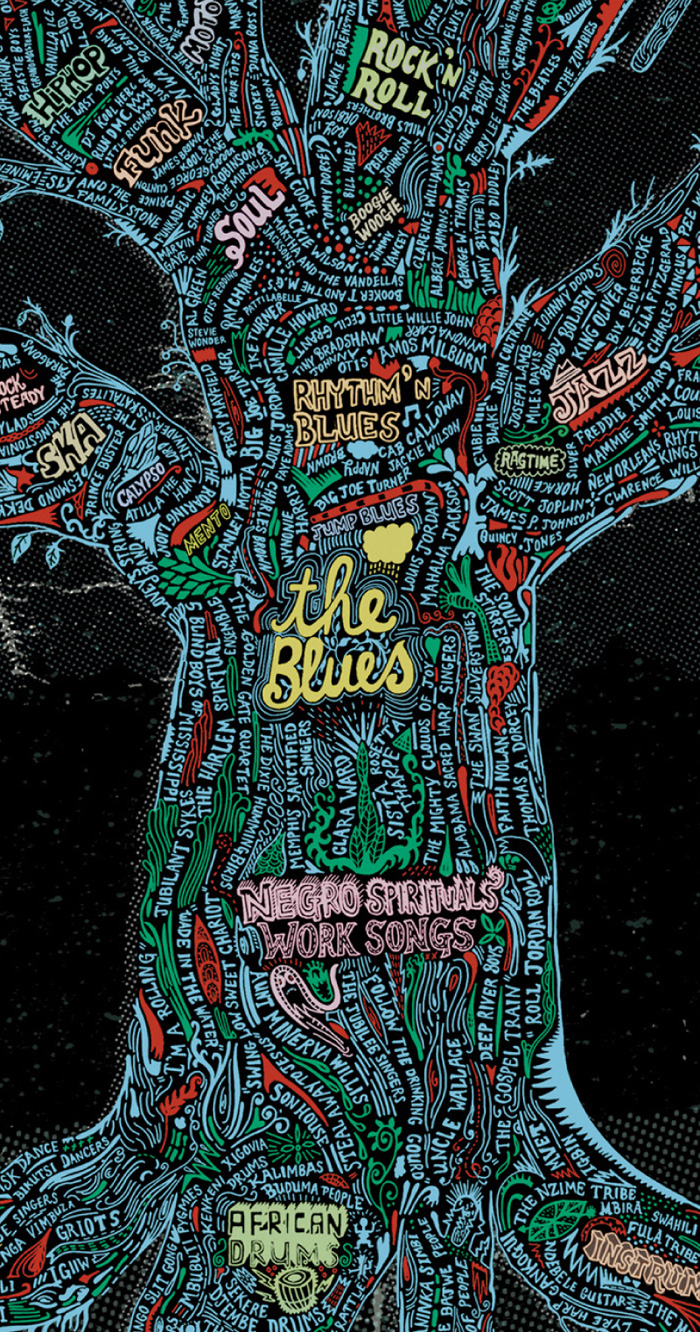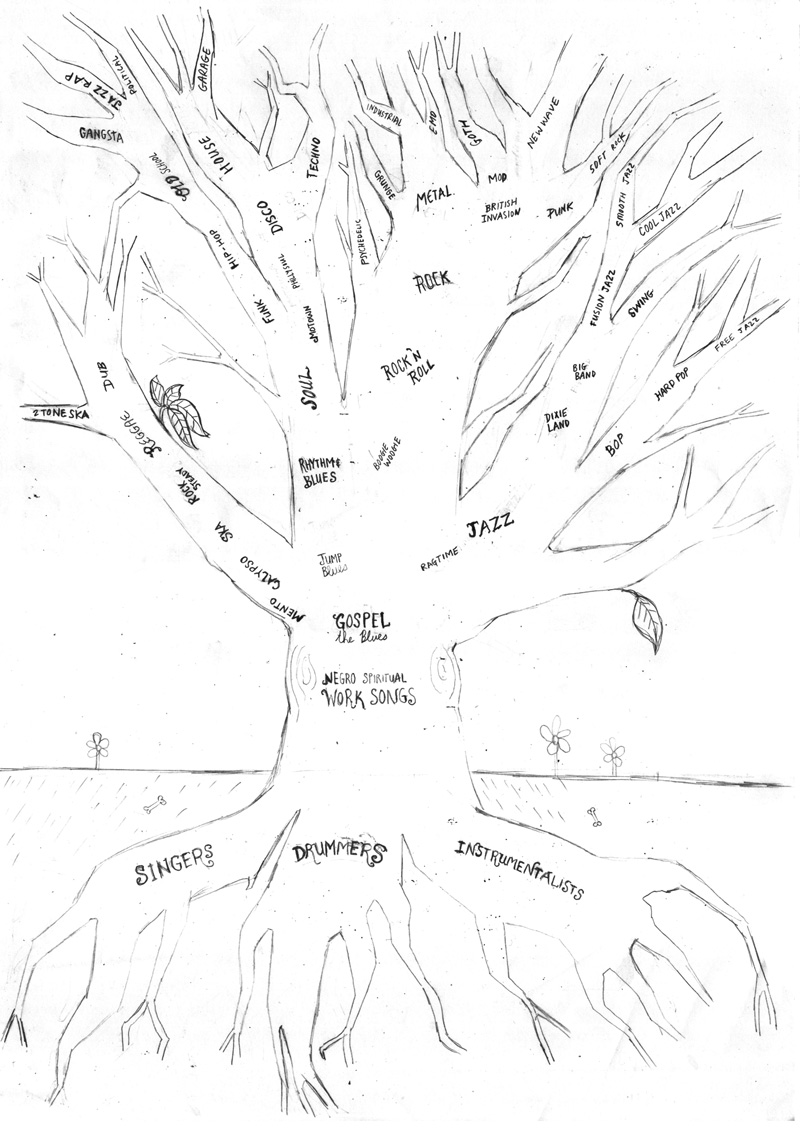
Adebe D. A. is a writer whose words travel between Toronto and New York City. She recently completed her MA at York University, where she also served as Assistant Editor for the arts and literary journal, Existere. Her work has been published in various North American sources, and she won the Toronto Poetry Competition in 2005 to become Toronto’s first Junior Poet Laureate. Her debut poetry collection, ex nihilo, was published this year by Frontenac House, one of ten manuscripts chosen in honour of Frontenac House's Dektet 2010 competition, using a blind selection process by a jury of leading Canadian writers: bill bissett, George Elliott Clarke, and Alice Major. Ex nihilo is currently on the longlist for the Dylan Thomas Prize, the world’s largest prize for writers under 30.
For reviews and other information on ex nihilo, visit the Frontenac House website (here). To purchase a copy visit your local independent bookstore or online at Chapters/Indigo(here) and Amazon(here). You can also visit her blog at www.adebe.wordpress.com (here).

TTQ- Your debut collection of poetry ex nihilo has been described by some critics as being bold, beautiful, intimate, political, and idealistic. How would you best describe the poetry contained within ex nihilo and explain how you came up with the title for the book?
ADEBE D.A.- Ex nihilo (Frontenac House, 2010) is involved in questions surrounding art and identity as creations ex nihilo (Latin for “out of nothing”). It is also a book attuned to the presence of ghosts, bygone eras, and figures from old times that reappear in our lives on a daily basis, while maintaining, at its core, the will to move onwards. The possibility that the present is a continued struggle against nihilism, marked by the will to create, offers important questions about identity and heritage: what does it mean to exist in the present? Out of what matter do we form our identities? How are we different now than in the past? And, finally, what “pasts” unite us, and which legacies might we still identify with, even if we never experienced them? In attempting to seek something intelligible from chaos, the poems – in different thematic and stylistic ways – collectively represent the will to triumph against the will to nothingness, and by so doing, dispense a renewed meaning and meaningful presence to all things physical and metaphysical… the world as it appears, and how we appear to ourselves in the world. The creative process is what I am most intrigued by, and what served as the very inspiration for the title and concept of ex nihilo as a whole.
TTQ- Is it more difficult today being a young, female poet of mixed race, who has a socio-political message in her poetry, to be accepted on a wider scale or is your audience generally more apathetic when it comes to social or political issues? Do you feel like you're managing to break new ground with your poetry and are people relating to your message?
ADEBE D.A.- Charged with the political, ex nihilo has a particular message in its consideration of how art can respond to the annihilation of particular identities struggling to exist in an impossibly post-racial world. In many ways, the struggling identities I refer to are not really the minority but those who make up the wider scale of identities who, as framed by the question, may somehow find it difficult to accept my work. In any case, being a young, female poet of mixed race, it is in many ways no more difficult than being young, or being mixed-race, or being a poet. I do think that poetry finds its meaning in breaking new ground and locating itself as a necessary channel for communication. While every book is in some way the author’s personal narrative, it is imperative that the writing offers a literal or figurative quest or set of questions.
A number of poems in ex nihilo work through the ambiguity of interracial identity in particular, and racial identity more generally. These questions have been asked throughout history – questions of genealogical lines of racial “purity” and the concept of racial identity prima facie – and yet somehow are still relevant today. Poems like “Open Letter” and “Ex Libris” take apart the arbitrary racial (and racialist) theories that have contributed to the presence (and absence) of race in literature and language, as well as how we think about race today. Other poems question the polarities of black/white more playfully, even when underscored by the uncertain position of in-between. These questions are still important to consider today. For example, the designation of Barack Obama as the first Black President of the United States – despite his mixed-race background – is testimony to the continued ambiguities about how mixed people identify – or are asked to identify – today. From a specifically Canadian context, the book looks forward to the possibility of new poetic conventions and metaphoric structures to re-imagine the face of Canada’s so-called multicultural milieu. While not a book of political poems proper, it is attuned to various political questions from the edges, and vis-à-vis literary experiments. To return to the question of audience, the quest for identity is essentially about relating. Identity is merely a term that seeks to convey the self’s relation to itself, which is to some extent a fantasy; a private rendering of public discourses about “the self.” Identity is always social and to some extent performative; as such, it lives through an audience, a readership.
TTQ- What are your thoughts concerning the violence at the G20 protests in Toronto this past June? Did the riot cops go too far in the way they reacted and should there be a public inquiry, and in your opinion, what is the role of the poet today when it comes to protesting important socio-political issues in the streets?
ADEBE D.A.- Human beings exist by means of a concern, and in many ways, poetry’s most important task is to address what that concern is. As such, I think the best writing out there is always associated with a sense of purposefulness, rooted in the will to life against all uncertainty; and poetry as a metaphorical language helps enable the aesthetic expression of uncertainty. I think the G-20 protests threw Toronto’s own identity into question, and for many Torontonians, including myself, the events made our city feel radically unfamiliar. I can’t be a spokesperson for a public inquiry, but I can say that I think it’s a necessity that we create and maintain dialogue about what happened. In many ways, ex nihilo inquires into the meaning of Canada’s passive pioneering of human rights when events and circumstances so clearly show us that human rights have a long way to go here.
The written word is an apt way of addressing how oppression operates in our respective societies and environments, because it helps newness enter the world. Embarking on that newness is as important as keeping up with the news, I think, and in recognizing the political boundaries of my own work, I have seen the larger role poetry has in opening up new ways of understanding the world. Having been raised by activist parents, it only propelled the political impulse in my writing, perhaps, but it was a continuous commitment to investigating how words can speak up and out, and change things that I found in my own voice, so to speak. I anticipate that ex nihilo will offer a meaningful vision of identity, and function at the frontlines of exploring the subject critically and vibrantly, while inhabiting its own rhythmically, lyrically, and textually alternative space.
TTQ- It has been reported in the media that we are in a post-feminism era. Do you agree and what is your opinion on the current state of feminism not only in North America, but around the world?
ADEBE D.A.- A good number of poems in ex nihilo, particularly “Prism Woman” and “Anonymous Wuz a Womahn”, take up this question. I have problems with taking a “post-” position to things – post-colonial, post-racial, and post-feminism to add. The social task of the writer is to consider this particular example, questions of race and gender, should not be concerned with constructing amorphous ideologies about either category, but take on the issue resolutely. In ex nihilo, taking on an “ex-” position, as opposed to a “post-” one, is significant; it speaks to a reverberation with the past, a renegotiation of history, and thus direct engagement with the continued impediments that obstruct a comfortable understanding of our current state of affairs. In the case of post-feminism, gender is a social, political, and cultural reality as much as it is experienced as a physical one; gender biases continue to function at the basis of social problems. Instead of closing the book on these problems we should face this predicament and ask, for example, how it is possible that we can be “beyond gender” when on average, men still make more than women in the same positions and domestic violence is not a thing of the past. I speak from a North American context on this one, and, as some cultural theorists have argued, from a positioning that signifies a particular understanding of feminism that does not include the larger matrix of race, culture, and ethnicity. I am currently co-editing Other Tongues: Mixed-Race Women Speak Out, an anthology on the experience of mixed-race women in the 21st century, to be published later this year by Inanna Publications. In this project, I’ve been able to navigate, through the stories of others, what gender and race – and being both gendered and racialized – means today: its challenges, as well as empowering aspects. Whether the present truly offers equity amongst the sexes, and whether this can ever become a viable global reality, is in part dependent upon whether or not the rights of women can transcend the theoretical plane. In saying we’ve moved beyond gender, we also say that womens’ rights are a thing of the past, and no longer a viable political project.
TTQ- You served as an Assistant Editor for the arts and literary journal, Existere. What's your opinion on the current state of literary journals in Canada? Has their role of promoting and discovering unknown Canadian poets and writers been diminished by the digital era, and by the abundance of online literary journals sprouting up? Should the Canadian government continue to fund literary journals in Canada?
ADEBE D.A.- I don’t think the breathless rise of social media and the invention of gadgets signify the death of books; if anything, they signify a resurrection, or reincarnation of sorts. So long as we keep reading, taking words in, giving time to the literary arts and supporting the artists around us, it doesn’t matter what poetry we are exposed to, or how it gets exposed to us. What matters is that we embrace the arts alongside the technology. In some ways, art is a technology, offering a vibrant means of communication – the difference being that art is not an addition to life, but part of the realm of arranging and rearranging. Alternately, as part of the creative realm, it is life’s most necessary form of magic and renewal. For this reason, all levels of government should be willing to fund the arts, and that goes for literary journals. Political bodies, funding organizations, and other philanthropic institutions attain their own meaning by showing concern for human value and achievement. Literary journals in Canada are, whether in digitized or print form, projects that have the power to continuously redefine their art and remain dynamic. Sometimes it feels like new online journals, magazines and blogs are emerging at lightning speed; and yet, it is inspiring to know that Canada values art by virtue of its intention to create and engage with the arts on a regular basis. Part of the life cycle of journals, I think, is that they never truly begin nor end, per se; new digital journals do not represent a point of departure or arrival for talent in Canada. What they do is what artists do: in becoming part of a literary legacy, offer an amplification of what came before.
Adebe D.A. reads from ex nihilo:



























